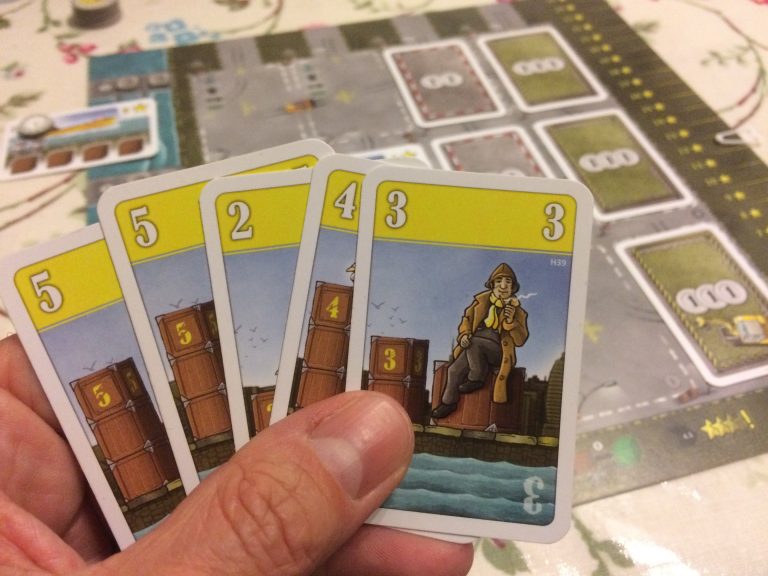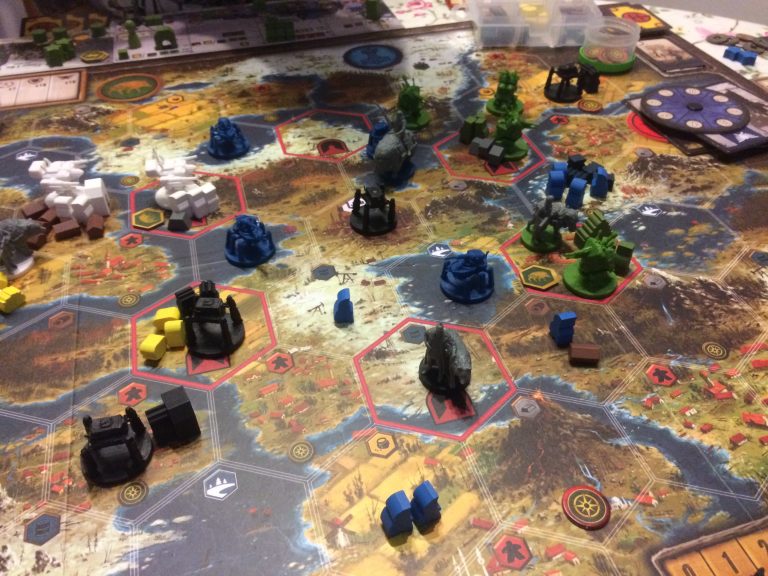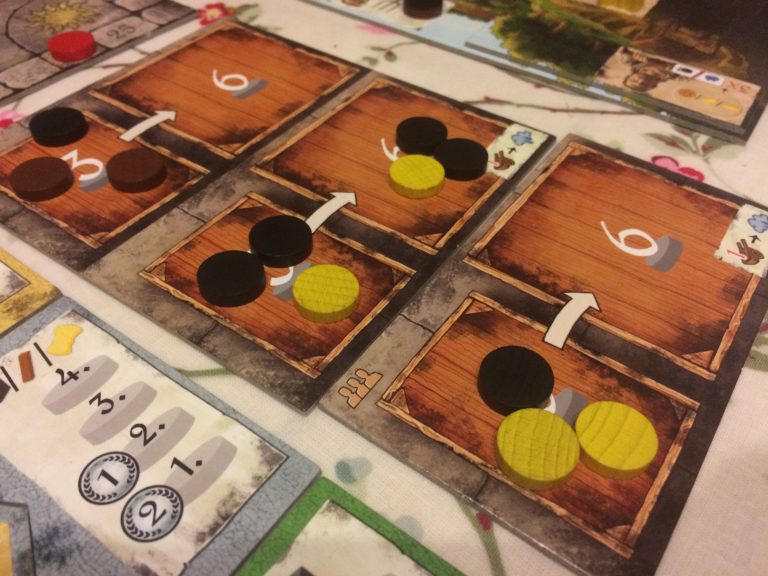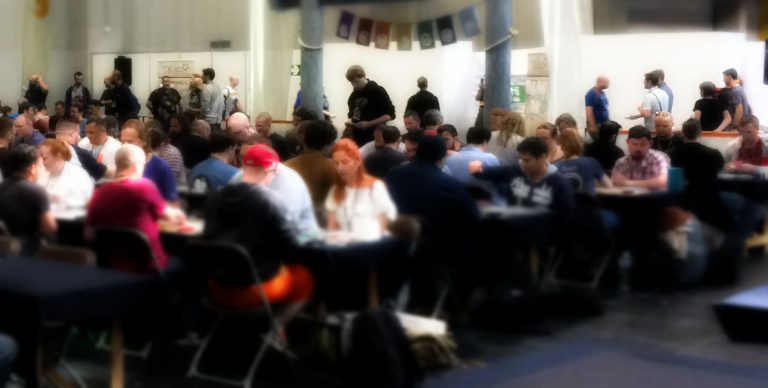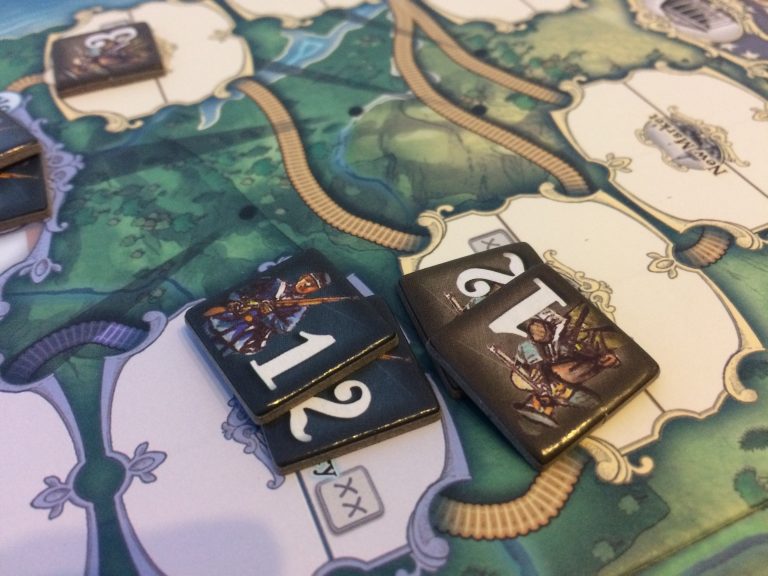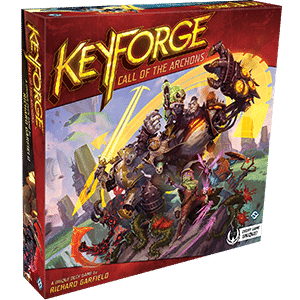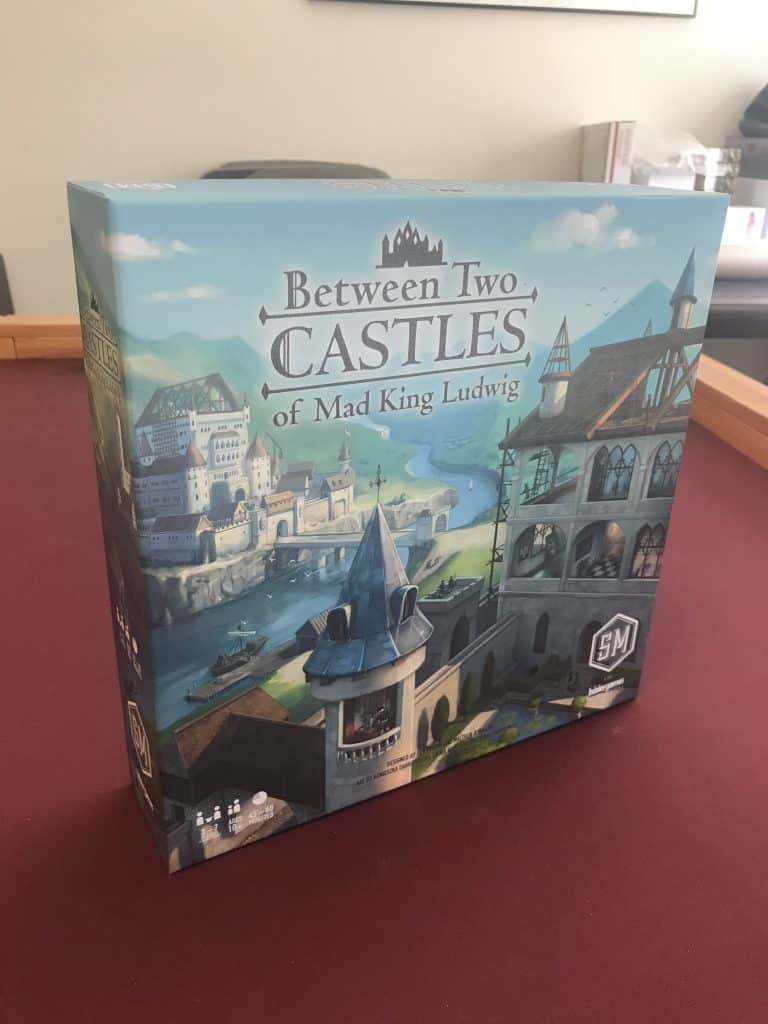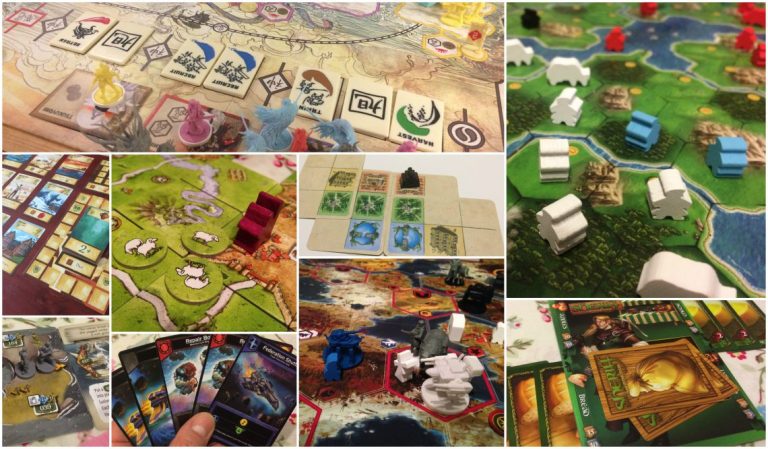Bremerhaven (Saturday Review)
Here is another review of a game that is quite a few years old. Bremerhaven by Lookout Spiele is from 2013, so over five years old, but it is probably the only game with a secret bidding mechanism that really works, and lots of player interaction without making you feel helpless if the other players gang up on you. There is also a huge time element in the game, that keeps you on your toes. To top it all off, the game also has a really fun theme, beautiful illustrations and a really tense gameplay. As you can see, I really like the game, so let me explain a bit more.

